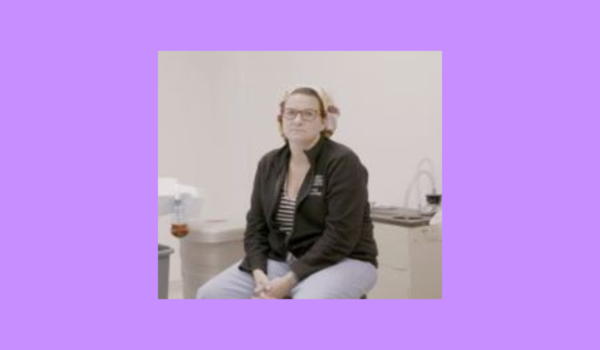
It’s 11:30 pm in St Louis, and Dr Colleen McNicholas’ flight is delayed. She’s headed to Oklahoma, as she does each month, to work at an abortion clinic that has been closed for a week for lack of a doctor. Now 60 patients are on the next day’s schedule, waiting for her to provide care.
Flight delays and travel hiccups aren’t new to McNicholas. She travels an average of 400 miles almost weekly to one of four clinics in three different states, where the clinics rely solely on travelling doctors to stay open.
This is what has happened to abortion services in the US South and Midwest, where conservatives have successfully passed anti-abortion laws that limit access and make abortion both more difficult and even more dangerous to practise. Conservative states like Oklahoma, Kansas and Missouri, where McNicholas works, are testing grounds for anti-abortion-rights legislation. Currently, there are a number of cases in court that could place even more restrictions on abortion care.
In Oklahoma, anti-abortion activists tried to get a law passed that would require a doctor with admitting privileges at a hospital within 30 miles of the abortion clinic to be present for any abortion. This would have stopped McNicholas from providing abortions there. But the court found that the law violates both the US and Oklahoma constitutions.
For McNicholas, these attempted restrictions are the reason she is so committed to her work. Often patients are travelling over an hour to access an abortion in the states where McNicholas provides care, due to the limited number of clinics. The conservative attitudes in these states also hamper access and have even led to danger in the past. “There are many places in the country, particularly conservative states, where providing abortion care can be really challenging because abortion has become so politicized and hostile in many places,” McNicholas said. “People who provide abortion care have concerns about safety for themselves or for their children.”
These concerns are based in reality. At the clinic McNicholas visits in Wichita, Kansas, called Trust Women, the former clinic doctor, George Tiller, was killed while in church in 2009. The clinic has also been the site of a bombing, a flood and other violence and threats from anti-abortion protesters for decades. “The murder of Dr Tiller is an example of the consequences of really extreme anti-abortion rhetoric and behaviour,” McNicholas said. “But for the same reason, it was maybe even more compelling for that to be a clinic that I go to. [It’s] really sort of a testament to our movement – saying we won’t be bullied by you.”
McNicholas is one of only a small group of providers willing to travel to deliver patient care and, since there are no providers willing to live in the area, patients may have to wait up to a month for care. This can impact both the type of abortion they can have and how much it will cost. Such delay in care poses a real problem for her patients, making their abortions second trimester instead of first trimester, or surgical instead of medical.
Worse still is telling someone they are beyond the legal limit in the state concerned. “That’s maybe one of the hardest parts of my job, when we have to tell people that we can’t take care of them.”
SOURCE: Mic.com by Kendall Clesemier, 2 October 2018



